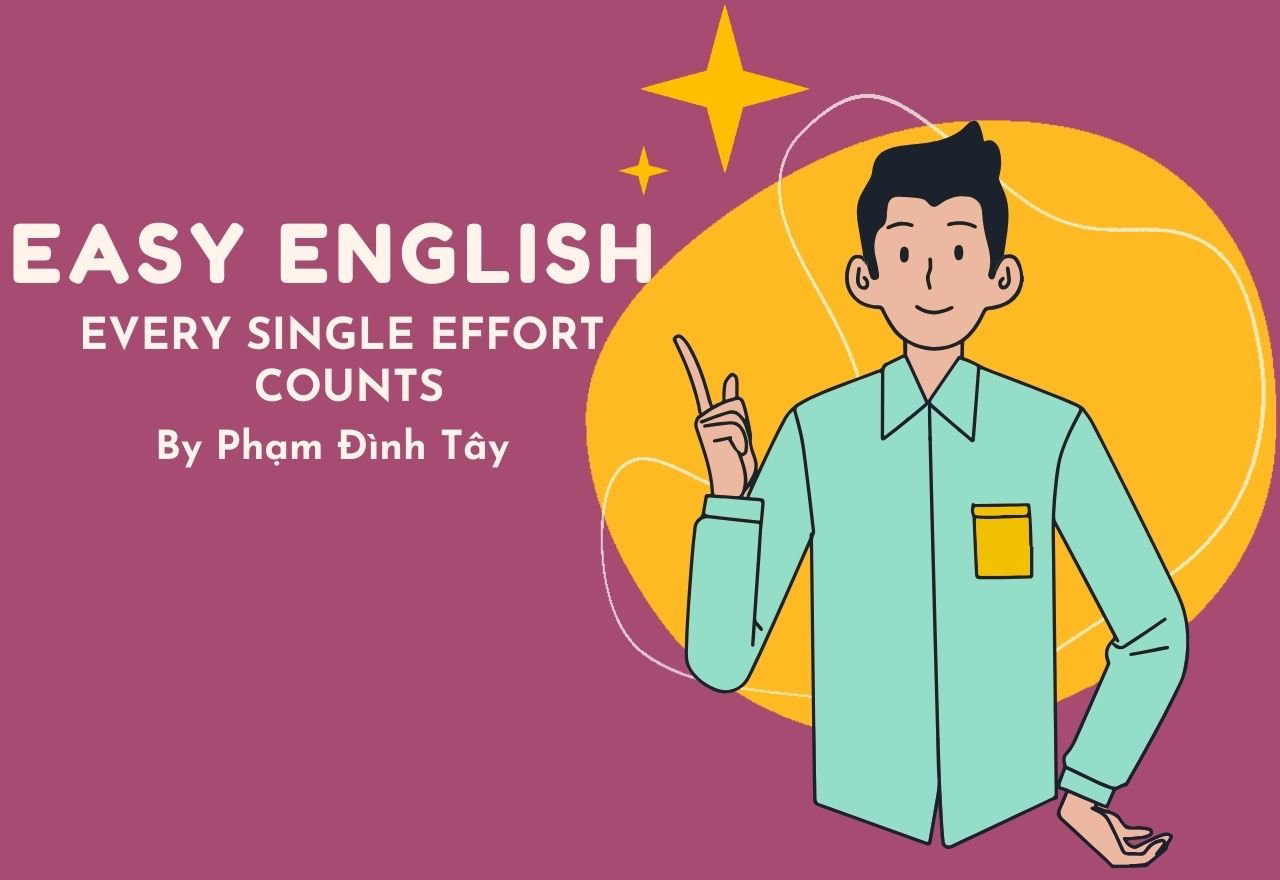|
Word |
Part of speech |
Pron |
Definition |
Example |
|
devoted |
adj |
dɪˈvəʊtəd, dɪˈvəʊtɪd |
Hết lòng, tận tâm, hy sinh mọi thứ |
a devoted father |
|
inhibited |
adj |
ɪnˈhɪbətəd, ɪnˈhɪbɪtəd |
E dè, ngại ngùng |
Many people are inhibited from discussing sexual matters. |
|
isolated |
adj |
ˈaɪsəleɪtəd, ˈaɪsəleɪtɪd |
Tách biệt, cô lập |
He felt quite isolated during winter when travel was difficult |
|
persistent |
adj |
pəˈsɪstənt |
Kéo dài, dai dẳng |
persistent rumors |
|
relaxed |
adj |
rɪˈlækst |
Thư thái, thoải mái |
Gail was lying in the sun looking very relaxed and happy. |
|
reluctant |
adj |
rɪˈlʌktənt |
Do dự |
She gave a reluctant smile. |
|
stressed |
adj |
strest |
Căng thẳng |
I always eat when I’m feeling stressed. |
|
demographic |
adj |
ˌdeməˈɡræfɪk |
Nhân khẩu học |
demographic change |
|
moderate |
v |
ˈmɒdəreɪt |
Giảm nhẹ đi, điều chỉnh giảm bớt đi |
The students moderated their demands. |
|
prior |
adj |
ˈpraɪə |
Trước đó |
You do not need any prior knowledge of the subject. |
|
sample |
n |
ˈsɑːmpəl |
Mẫu |
I’d like to see some samples of your work. |
|
amphibian |
n |
æmˈfɪbiən |
Động vật lưỡng cư |
The amphibian population in Britain is declining. |
|
insect |
n |
ˈɪnsekt |
Côn trùng |
an insect bite |
|
mammal |
n |
ˈmæməl |
Động vật có vú |
Humans, cats, and whales are mammals. |
|
reptile |
n |
ˈreptaɪl |
Bò sát |
Some reptiles, such as crocodiles, can be very dangerous. |
|
anatomy |
n |
əˈnætəmi |
Giải phẫu học |
a professor of anatomy |
|
encroachment |
n |
ɪnˈkrəʊtʃmənt |
Lấn chiếm |
The mine encroached on more farmland as it expanded. |
|
horn |
n |
hɔːn |
Sừng |
a knife with a horn handle |
REVIEW VOCABULARY
Part 1: Read aloud
Read those sentences aloud.
Paragraph 1
The scientist, devoted to studying wildlife, analyzed how human encroachment affected various species. A sample of habitats revealed significant disruption to amphibian populations. Insects thrived in some areas but were inhibited in others. Persistent efforts to protect these environments involved studying the anatomy of affected species, such as frogs, which serve as indicators of ecosystem health.
Paragraph 2
The reluctant conservationist felt isolated in their stance against urban development. They were particularly concerned about the declining populations of mammal species due to habitat loss. Stressed by the situation, they encouraged moderate development to balance economic growth with wildlife preservation. Educating the public about the ecological value of reptiles and amphibians became their primary focus.
Paragraph 3
The prior decade saw a drastic reduction in horn-bearing mammals like rhinos due to poaching. Among the affected demographic were creatures dependent on undisturbed grasslands. Relaxed conservation policies failed to prevent habitat destruction. Renewed campaigns emphasized the importance of studying insect behaviors, which directly impact food chains involving reptiles, amphibians, and mammals. These interconnections highlighted nature’s fragility.
Paragraph 4
While reptiles basked in moderate climates, persistent human expansion created new challenges for survival. Amphibians adapted more easily, but their anatomy left them vulnerable to pollution. Devoted conservationists analyzed the impacts on all species, from tiny insects to large mammals. To protect biodiversity, campaigns targeted reluctant land developers, advocating for sustainable solutions and stricter regulations against wildlife habitat destruction.
Part 2: Write From Dictation
Click the link and do the task online
https://englishwithmrtay.blogspot.com/2024/11/pte-vocabulary-b2-14.html

